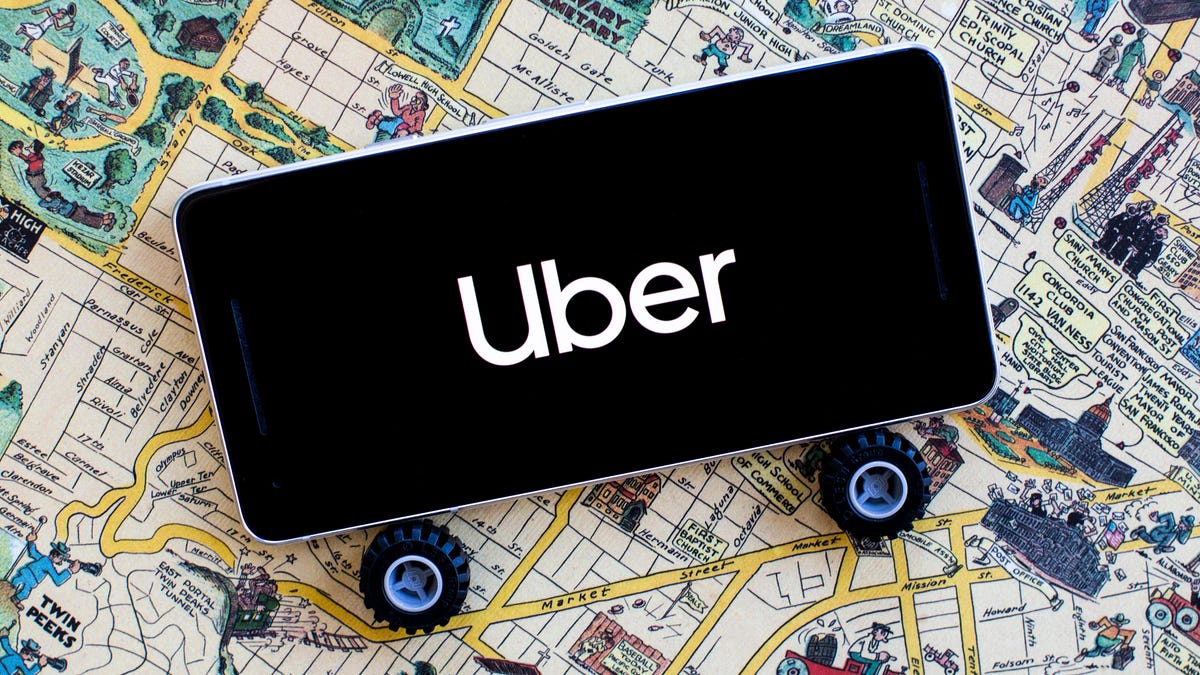 Employee or self-employed ? The Courts (in England) have spoken.
Employee or self-employed ? The Courts (in England) have spoken.
Most people know the difference between an employee and a self-employed person. However, a hybrid type of worker has emerged in recent years who works exclusively for one company but is set up and operates ostensibly as an independent contractor i.e. self -employed. A number of Google and IT workers operate in this space as well as couriers, Deliveroo drivers and Uber taxi drivers.
Most of these workers are not given any choice to be treated as employees; rather they are all considered self- employed. In this way large multinational and IT firms can avoid employee related tax and social insurance payments, holiday pay, disability pay, and other benefits typically attached to employee status.
In a landmark ruling n 19 February 2021, (Uber v Aslam & others), the Supreme Court decided that effectively the Uber drivers were employees of Uber and not self-employed despite all the references to and labelling of their working arrangements by Uber as self- employment.
The Supreme Court found that Uber set fare prices, controlling therefore how much the drivers were remunerated, that drivers were subject to a passenger rating system set up by Uber, that they were subject to penalties if they declined a ride and were restricted by Uber in their communications with a passenger.
Uber always referred to their workers’ status as self- employed in their contract and training manuals, but the court found that the reality of how the relationship and driver app operated was very different from the way it was presented in the contract and was not consistent with self-employment.
This decision of the UK Supreme Court is an extremely important ruling for thousands of workers in the “gig economy” in Ireland as the decision is likely to be closely followed by the courts in Ireland.
